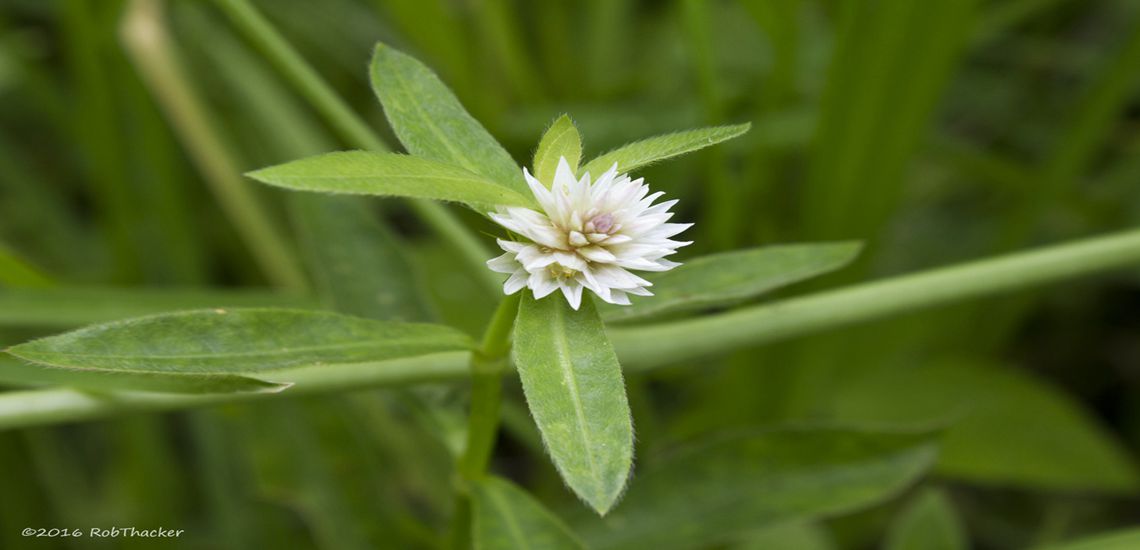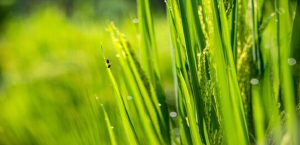Abstract:
The invasive species Alternanthera philoxeroides is a flood-tolerant species, which has to cope with the hypoxic/ anoxic stress under submergence. However, it is found the cavity in stem of this species is partitioned by low porosity nodal diaphragms at nodes and formed discontinuous pith cavities. To date little knowledge is available about whether discontinuous pith cavities are advantageous to the internal gas transport in plants, which is of much significance for plants under hypoxic stress. To disclose the role of stem discontinuous pith cavities in internal gas transport of plants and the potential oxygen diffusing ways in stem, firstly, the diffusive transport capacity of O2 was established for each possible pathway using stem segments, and secondly tissue O2 status of intact plants during partial submergence was assessed for each tissue type using O2 microsensors. Finally, the influence of restricting longitudinal O2 supply to key diffusive pathways was assessed as impact on whole-plant growth during partial submergence. As results, it was clearly demonstrated that blocking the stem pith cavity of only one internode significantly decreased the O2 flux to lower internodes in partially submerged A. philoxeroides, and the reduced O2 flux translated into reduced growth. Importantly, experimental manipulation of the possible diffusive pathways enabled us to identify the relative importance of each route for oxygenation of partially submerged tissues. In contrast to our a priori expectations, the stem pith cavity was the main pathway for diffusional supply of molecular O2, but O2 diffusion through the well-developed aerenchyma in the stem walls also contributed to a significant proportion of the downward O2 flux. Given the anticipated global changes in hydrological regimes including flooding frequency and intensity this century, we believe the findings in this study can help us to better understand the adaptations of terrestrial plants and their tolerance of future oxygen-limited conditions.
Speaker: Dr. Qiaoli Ayi
Affiliation: Southwest University
Time: 4:30 PM, Tuesday, Nov. 22, 2022
Venue: ZOOM 会议平台 会议 ID:312 430 8960 会议密码 PWD:666666
ZOOM
会议 ID:312 430 8960
会议密码 PWD:666666



